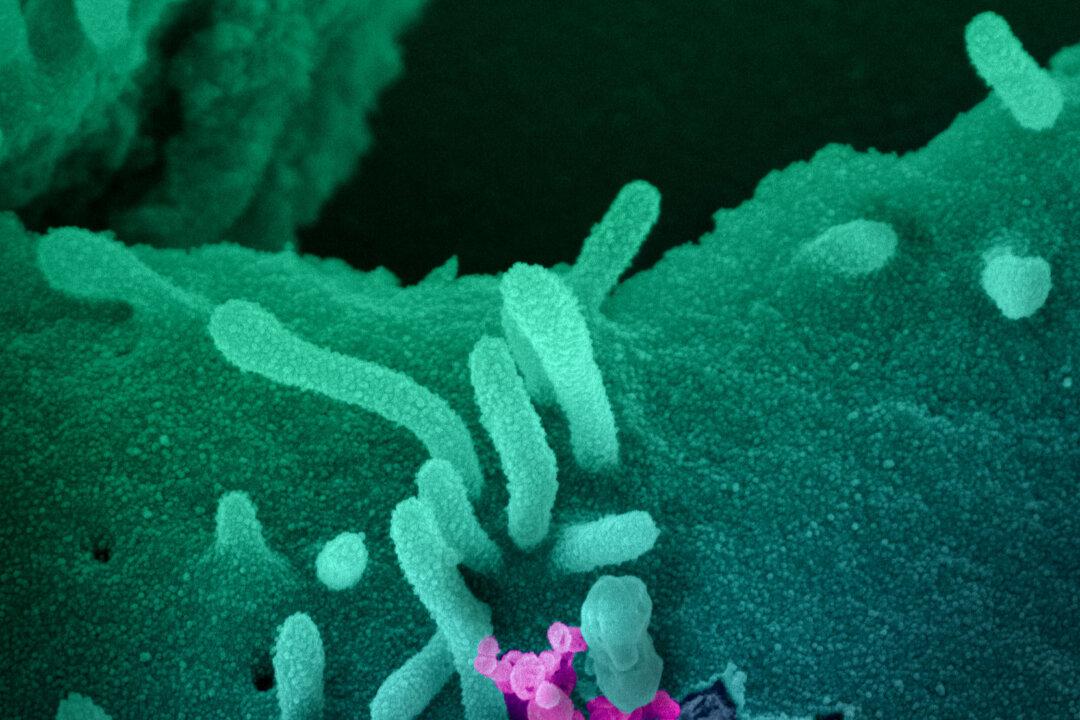OTTAWA—COVID-19 continued its unforgiving march into new areas of the country on Monday, sweeping through long-term care homes and religious communities and into vulnerable regions as the federal government brought in new domestic travel restrictions.
Ontario reported its largest single-day increase by far, while hard-hit Quebec soared well past the 3,000-case mark and Newfoundland and Labrador reported the Atlantic region’s first death.





